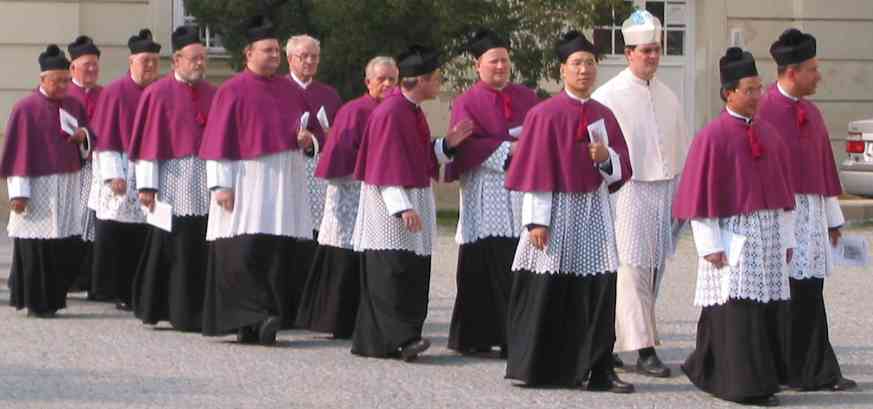

While there are multiple elements that make up a single melody, a well-crafted melodic musical phrase is designed to feel effortless. Melodies are a huge part of what makes music memorable. Vocal melodies, especially in pop music, are designed to be sticky, which is what makes them so important.

When you "can't get a song out of your head", you're most likely referring to the main melodic line. In a musical composition, melodies can be complex or incredibly simple, but most are designed to be memorable. In music notation, melodies are simply lines of multiple notes, usually The way that the main phrases are sung in "happy birthday" remains the same since the melodic line is passed from one person to another. Melodies can be made up of the same, single note played multiple times, or multiple notes, usually within some sort of scale as discussed below.įor example, when you sing or play "happy birthday" it's still the same melody. Anything that creates distinct music notes can create a melody. In its simplest form, the definition of melody boils down to a sequence of musical notes played in a particular order, called a music phrase or a melodic phrase. In this article, we'll be tackling all of your burning questions like, "What is melody in music?", "How do music melodies work?", and help you identify key melodies throughout history, ranging from classical music to pop music.
Malody def crack#
So: "He thought it quite as well that they should wrinkle up their eyes in grins, as that they should have the malady in less attractive forms."įinally, Dickens simply omits the subject and auxiliary verb from the second subordinate clause: "He thought it quite as well that they should wrinkle up their eyes in grins, as have the malady in less attractive forms.Are you trying to crack the mystery behind instrumental and vocal melodies? Melody is one of the most important and basic elements of music, so understanding how melodies work is an absolute must for any musician. Of course, Dickens is talking about "them", not "us": "It would be quite as well that they should walk, as that they should drive."ĭickens also phrases it as a thought that Scrooge is having: " He thought it quite as well that they should walk, as that they should drive."Īnd, of course, the verbs that Dickens uses are not "walk" and "drive", but "wrinkle up their eyes in grins" and "have the malady in less attractive forms". It's still the same if we replace the infinitive verbs with subordinate clauses: "It would be quite as well that we should walk, as that we should drive." Now I'll transform this sentence, step by step, into Dickens' sentence.įirst, he meaning stays the same if we change "just as good" to "quite as well": "It would be quite as well to walk as to drive." Here's a modern English sentence that uses essentially the same construct: "It would be just as good to walk as to drive." In other words, walking would be as good as driving. Could someone explain the meaning of this sentence and the grammar used here? Thanks!Įdit: I think I'm starting to grasp the meaning now, but I still don't get the grammar.why can "as" mean "rather than"? Is this usage of "as well-as" explained in dictionaries?

My guess is that it means something like "he thought it just as well that they wrinkle up their eyes in grins, rather than making their faces look uglier", but I might be wrong. I can't quite figure out the "quite as well that - as have-" part. His own heart laughed: and that was quite That they should wrinkle up their eyes in grins, as have the malady in That such as these would be blind anyway, he thought it quite as well People did not have their fill of laughter in the outset and knowing That nothing ever happened on this globe, for good, at which some Let them laugh, and little heeded them for he was wise enough to know Some people laughed to see the alteration in him, but he Good a friend, as good a master, and as good a man, as the good oldĬity knew, or any other good old city, town, or borough, in the good He did it all, and infinitely more Īnd to Tiny Tim, who did not die, he was a second father. I am reading A Christmas Carol by Charles Dickens and finally reached the last few pages, but I am stuck with the following paragraph.


 0 kommentar(er)
0 kommentar(er)
